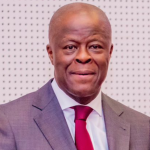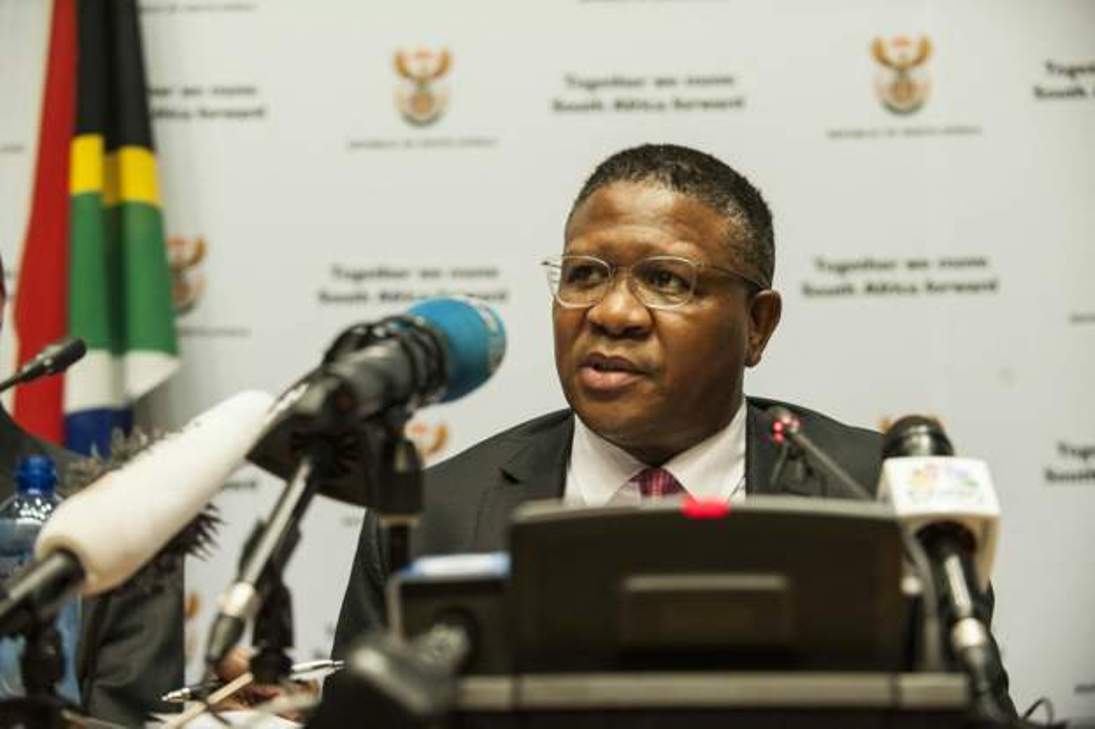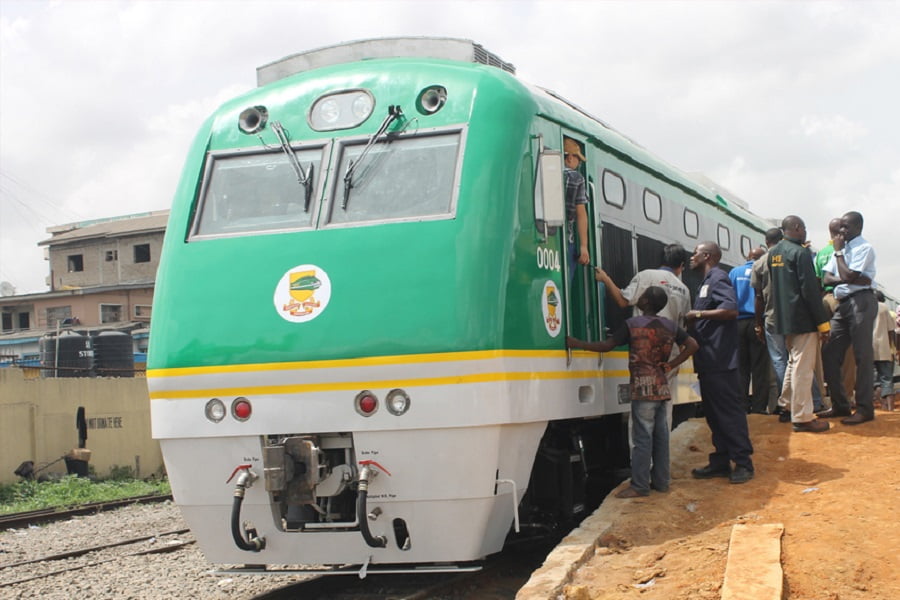The ongoing negotiations for Nigeria’s minimum wage have taken a significant turn as organised labour considers revising its demand to N100,000, down from the initially proposed N494,000. This decision comes after criticisms over the feasibility of the higher figure, which was deemed excessive by some stakeholders.
Despite earlier disagreements leading to an indefinite strike, negotiations have resumed with a one-week ultimatum set for reaching a consensus. President Tinubu’s directive to explore a wage higher than N60,000 underscores the urgency and complexity of the discussions, aiming for a sustainable and realistic outcome.
Labour’s decision to potentially settle for N100,000 reflects a compromise amidst economic pressures and inflationary challenges. The tripartite committee’s commitment to daily meetings signals a focused effort to finalize a new minimum wage acceptable to all parties involved.
The suspension of the strike allows for constructive dialogue, emphasizing the need for a wage that balances economic viability with workers’ welfare. Various lawmakers and stakeholders have weighed in, advocating for a wage increase that aligns with current economic realities while ensuring fairness and sustainability.
While the path forward remains challenging, there is optimism that the negotiations will yield a resolution beneficial to Nigeria’s workforce and economic stability.
The involvement of key government officials and labour leaders in intensive discussions highlights the seriousness and urgency of addressing this critical issue. As discussions continue, the outcome will not only impact millions of workers but also set a precedent for future labour negotiations in Nigeria’s evolving economic landscape.







2 Comments